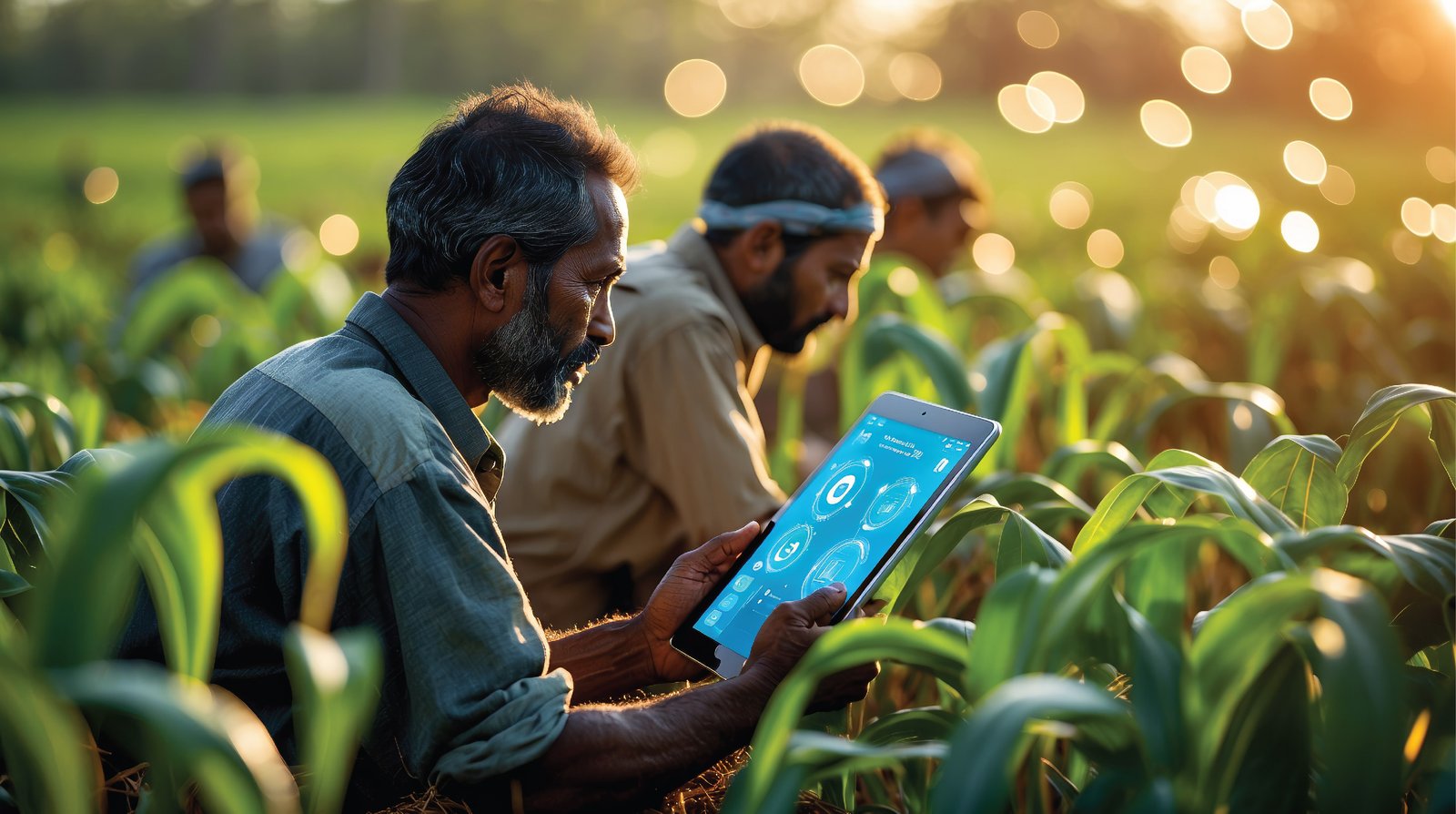Introduction
India has long been an agricultural nation, with over 50% of the population dependent on farming for their livelihood. But with rising challenges—climate change, labor shortages, fluctuating prices, and the need for higher productivity—technology has become the new fertilizer for growth.
Today, a quiet revolution is underway across farms, from Punjab to Tamil Nadu. Farmers are not just sowing seeds; they are sowing innovation. And at the center of this transformation is agri-tech—smart, affordable, and farmer-first technology like the ones built by Niyo Farmtech.
Why Change Is Necessary
Traditional farming methods, though deeply rooted in Indian culture, often rely heavily on manual labor, guesswork, and weather dependency. These practices lead to:
- Low yield per acre
- Increased physical burden on farmers
- Delayed crop protection
- Inefficient use of water and fertilizers
To feed a growing population and increase farmer income, modern problems need modern solutions.
How Technology Is Reshaping Indian Agriculture
Let’s explore the innovations driving this change:
1. Battery Operated Spray Pumps – The New Essential Tool
Farmers have moved beyond manual spraying. Tools like Niyo’s battery-operated spray pumps are revolutionizing how farmers protect crops.
- No manual effort – just press a button
- Uniform spraying – reduces chemical wastage
- More safety – less chemical exposure
- Women-friendly – easy to carry and operate
- Saves time and labor costs
“Earlier, I could only spray 1 acre a day. With Niyo, I cover 3 acres in half the time.”
— A farmer from Maharashtra
2. Mobile Apps for Crop & Weather Monitoring
Farmers today use smartphones as tools. From tracking rain forecasts to getting crop disease alerts, mobile apps help farmers make informed decisions.
3. Precision Farming with GPS & Drones
Big farms are now adopting drones and GPS-enabled tools for precision spraying and soil analysis. This results in:
- Better resource allocation
- Higher yield per acre
- Less environmental impact
While this is still in early stages for small farmers, the shift is coming fast.
4. Smart Irrigation Systems
With growing water scarcity, drip irrigation and sensor-based watering systems ensure crops get exactly what they need—no more, no less. Farmers using these systems have reduced water usage by up to 40%.
5. Data-Driven Farming
Through AI and analytics, farmers now know
- What to plant
- When to sow
- How much to spray
- When to harvest
This data-driven approach reduces guesswork and increases profitability.
6. Empowering Women in Agriculture
Traditionally overlooked, women farmers are now embracing tech tools that fit their needs. Niyo’s lightweight spray pumps are a prime example of technology made with inclusivity in mind.
The Role of Niyo Farmtech in This Revolution
At Niyo Farmtech, our mission is clear: Empower every Indian farmer with tools that are simple, affordable, and smart.
From our Battery Operated Spray Pumps to innovative upcoming agri-solutions, we are working towards:
- Reducing farmer fatigue
- Increasing daily coverage
- Promoting gender-inclusive farming
- Supporting sustainable agriculture
What the Future Holds
By 2030, India’s farms will be smarter, greener, and more productive. Farmers will:
- Operate machines from their phones
- Use AI to forecast crop yield
- Rely on electric tools instead of petrol-based ones
- Be more connected to markets, buyers, and weather updates
And companies like Niyo Farmtech will continue to play a key role in this journey.
Final Thoughts
Technology in farming is no longer a luxury—it's a necessity. It’s not about replacing farmers; it’s about empowering them. As we look ahead, one thing is clear:
The future of Indian farming is not just in the soil… it’s in the hands of those who embrace technology.







Leave a Comment
Your email address will not be published. Required fields are marked *